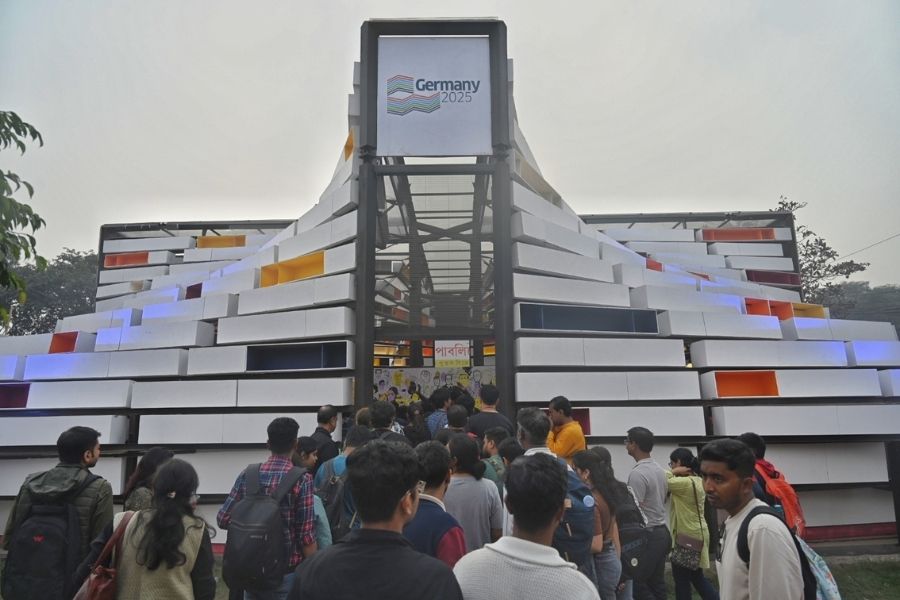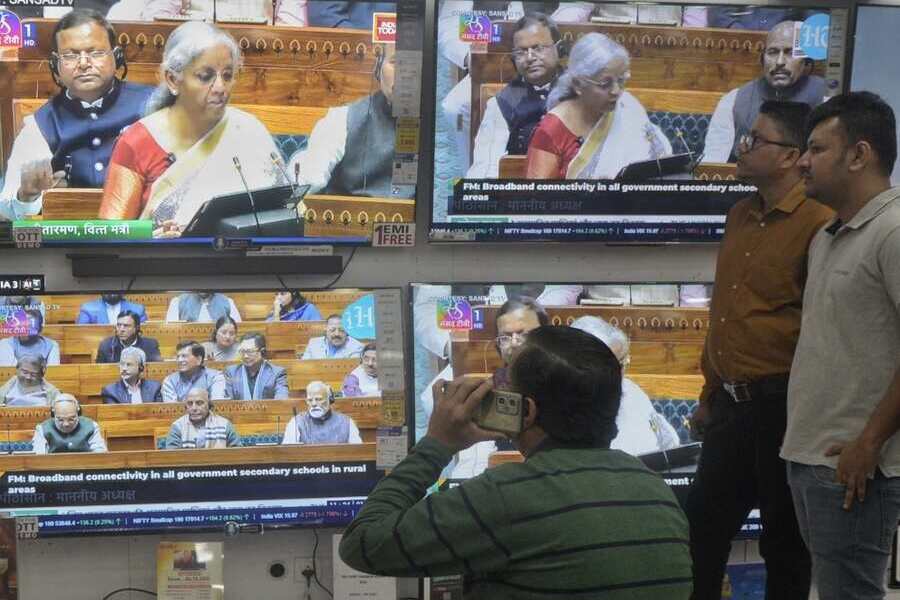 Sunday, 02 February 2025
Sunday, 02 February 2025
 Sunday, 02 February 2025
Sunday, 02 February 2025
The 2025 Champions Trophy is scheduled to be held in Pakistan from February 19 to March 9, but India has stated it will not travel to Pakistan due to government restrictions. The International Cricket Council (ICC) faces a difficult choice, as excluding India, a major cricket market, will impact the tournament’s financial success.
Over the years, the ICC has handled situations in which countries refused to play in other nations due to security concerns, often leading to compromises, forfeitures, and even relocation of events.
The Telegraph Online takes a look at how the ICC has addressed these challenges across different tournaments.
Australia and West Indies boycott matches in Sri Lanka: 1996
In the 1996 ICC Cricket World Cup, co-hosted by India, Pakistan, and Sri Lanka, Australia and the West Indies refused to play their scheduled matches in Sri Lanka due to security concerns. These teams were to play against Sri Lanka in Colombo on February 17 and 25, but they pulled out after there was a massive bombing at the Central Bank in Colombo on January 31. The blast, which took 91 lives and injured 1,400 people, led to concerns about the safety of foreign players in Sri Lanka, as violence from a prolonged civil war was ongoing.
The ICC decided to award walkover victories to Sri Lanka, allowing them to gain points without playing these matches. Both Australia and the West Indies faced fines for their decision not to participate. Ultimately, Sri Lanka capitalised on the walkover points, advancing through the tournament to eventually win the World Cup defeating Australia in the final.
England’s boycott in Zimbabwe, 2003
In the 2003 Cricket World Cup, England refused to play a scheduled match in Harare, Zimbabwe, amid growing international concerns over human rights abuses in Robert Mugabe's regime. In addition to political reasons, England also received death threats from groups in Zimbabwe. Despite multiple meetings, the ECB (England and Wales Cricket Board) maintained that their players' safety could not be guaranteed and thus they would not play in Zimbabwe.
The ICC, unable to relocate the match, decided to forfeit it in favour of Zimbabwe, much as it had done in the 1996 situation. This move was controversial, with South African cricket officials seeing England’s withdrawal as a “snub” to the tournament’s host nations.
Shifting of the 2009 Champions Trophy from Pakistan
The ICC had to relocate the 2009 Champions Trophy from Pakistan after several teams voiced concerns about playing there. Originally postponed from 2008, the tournament was rescheduled for 2009, but security concerns remained high, especially after the Mumbai attacks in November 2008 that further deteriorated relations between India and Pakistan.
The ICC’s board ultimately chose to move the tournament to South Africa. The ICC accepted the challenges Pakistan faced, with years of political instability and recurring violent incidents discouraging international teams from visiting. As a goodwill gesture, the ICC allowed Pakistan to retain hosting revenues despite the tournament being held elsewhere.
Security concerns for the T20 World Cup 2016 in India
In 2016, the ICC T20 World Cup in India faced tension as Pakistan raised concerns about sending its players to India. The Pakistan Cricket Board (PCB) requested security assurances from the Indian government due to concerns about the safety of Pakistani players on Indian ground, given the history of political clashes between the two nations.
The ICC made additional security arrangements for the Pakistani team. The tournament continued with full participation.
The hybrid model for the 2023 Asia Cup
The "hybrid model" was introduced in the 2023 Asia Cup because India refused to travel to Pakistan, the official host. To allow both teams to play without crossing political or security lines, Pakistan hosted part of the tournament while India's matches were played in Sri Lanka. Though the ICC didn’t directly organise the tournament, it closely watched the model closely as a possible approach for future events.
Under this model, Pakistan kept the hosting rights to the Asia Cup, while India’s games were scheduled in Sri Lanka. The final match would also take place in Sri Lanka, with all non-India games proceeding as planned in Pakistan.
This solution was created by PCB head Najam Sethi.







